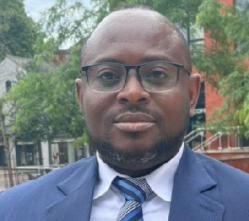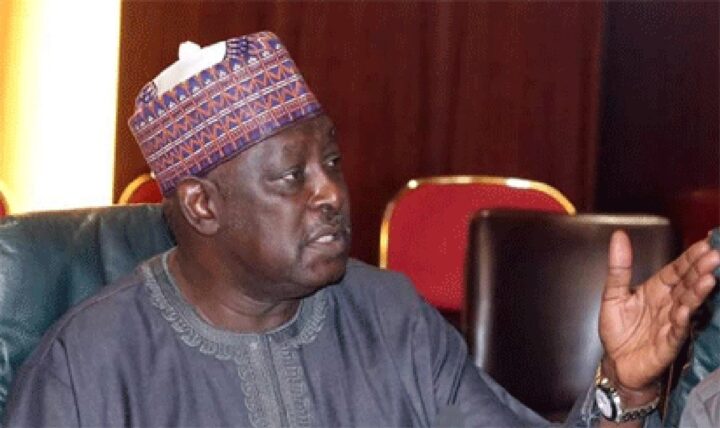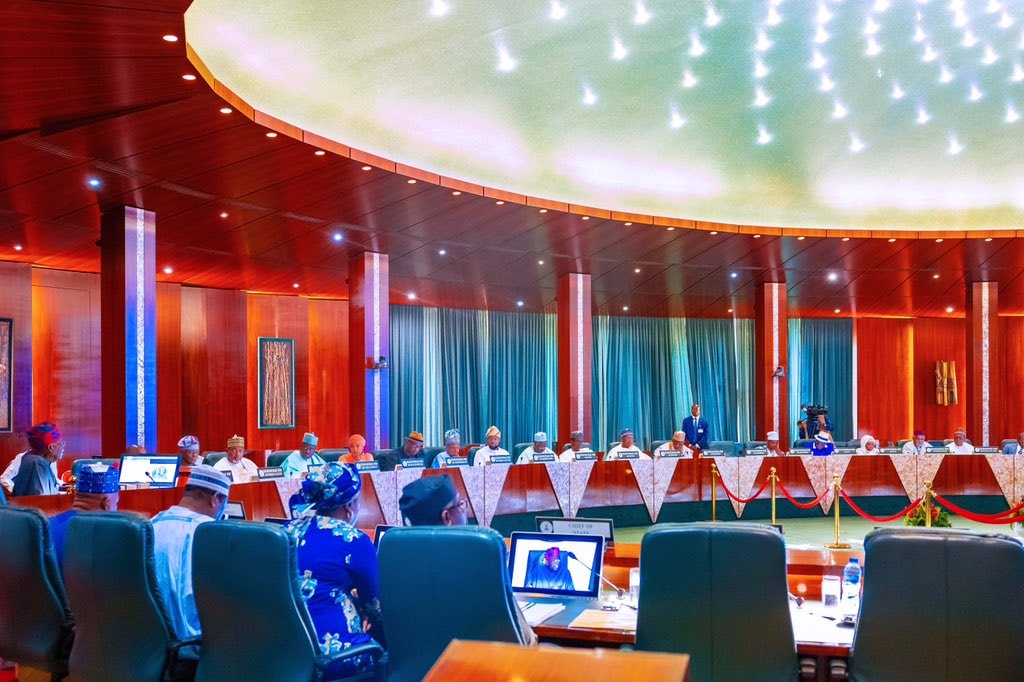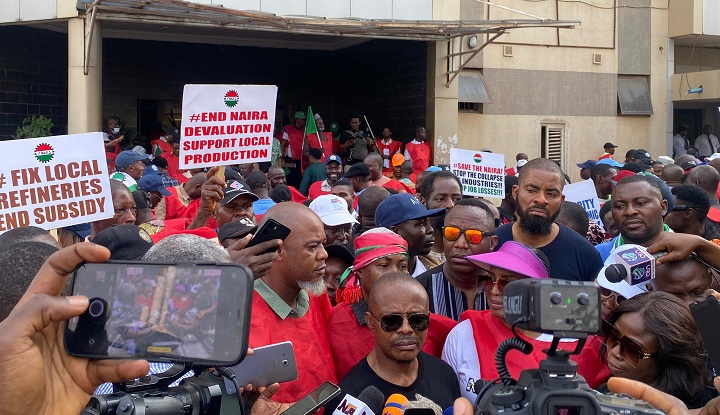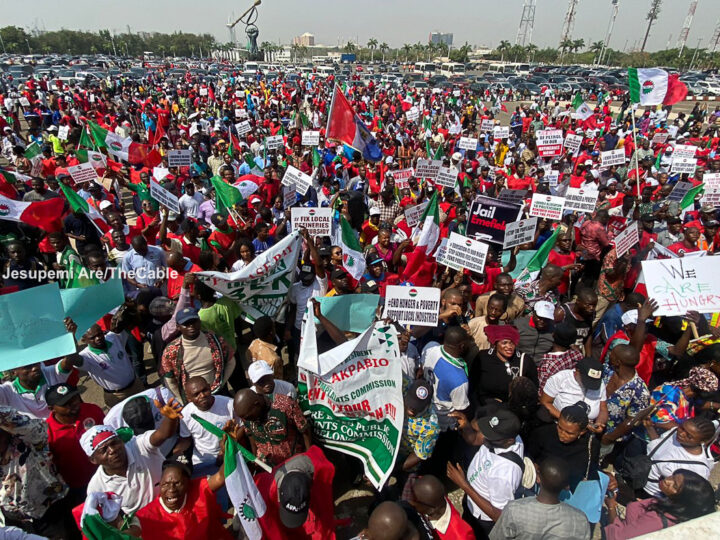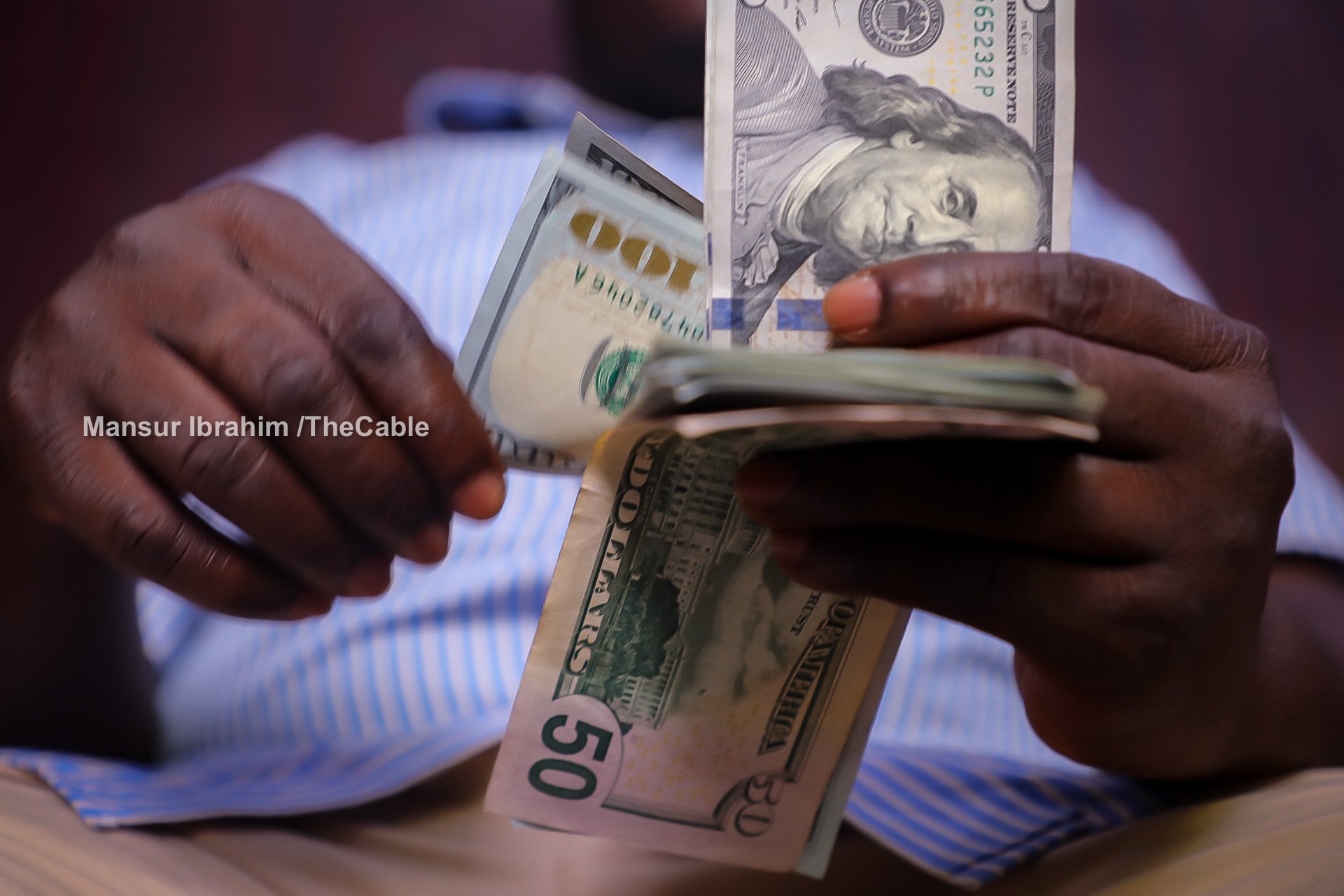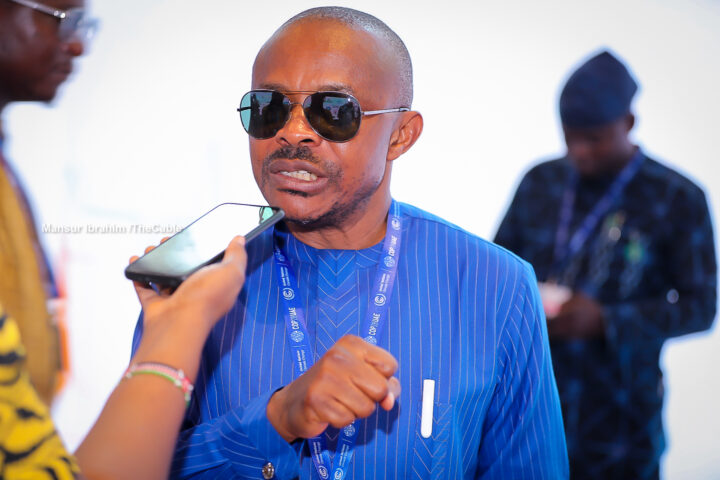Babachir Lawal served as the secretary to the government of the federation (SGF) during the first term of former President Muhammadu Buhari. In this interview with TheCable’s TEMIDAYO AKINSUYI, Lawal speaks on his opposition to the Muslim-Muslim ticket, fuel subsidy removal, Nigeria’s economy under President Bola Tinubu, and so on.
TheCable: You vehemently opposed the Muslim-Muslim ticket of the ruling All Progressives Congress (APC) in the last general election, but some loyalists of President Tinubu alleged you were bitter because you were not chosen as his running mate. How will you react to that?
Lawal: My opposition to the Muslim-Muslim ticket is on the issue of equity and justice. I took a stand then because I felt they were not being fair to the Christians, who are a very large segment of society, and it would bring disharmony to the polity. If you recall, I said we see the Muslim-Muslim ticket as an assent to the current and continuing educational, economic, and political marginalisation of the Northern Nigerian Christians, and I said we will protect ourselves using our PVCs and our prayers as our weapons of choice. So, my position is based on justice and equity, not on any political gain.
TheCable: Before you parted ways with President Tinubu on the issue of the Muslim-Muslim ticket, you campaigned for him as the best to lead Nigeria. Do you still share that view today given the hardship that followed the removal of fuel subsidy?
Advertisement
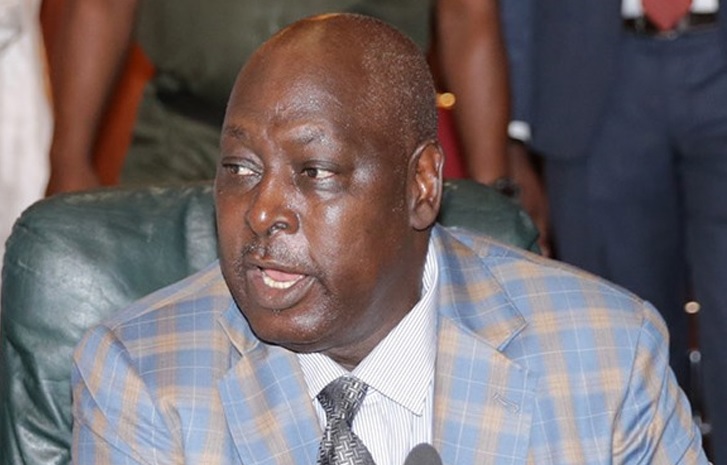
Lawal: I have a different view of what is happening today, and I did say on quite a few occasions that Bola Ahmed Tinubu exhibited an unimaginable degree of insensitivity and arrogance, first in the face of the Muslim-Muslim ticket and in some of the earlier decisions he took. My view is that fuel subsidy removal was driven by a sense of arrogance. You are now sworn in, and you believe that since you are now in charge, you can boss everybody around. You just announced the removal of the fuel subsidy without due consultation.
My experience in life is that when you are going to take a monumental decision, especially one that affects the lives of over 200 million people, you need to have wide consultations. Taking such a spur-of-the-moment decision on that very important issue is very insensitive, and probably he (Tinubu) was ignorant of the challenges he was going to face. That was why everything came crashing down immediately after he was sworn in because of the removal of the fuel subsidy. He ought to have waited, formed a cabinet, got every relevant person in place, and held discussions among his advisers and the cabinet. By so doing, they will get alternative solutions to the removal of subsidy, whether or not it should be done. If they agree that subsidy must go, what are the actions that will be put in place to mitigate the negative outcomes? If the outcomes are positive, they will also consider how to maximise them. They will also list their options. If this happens, then we fall back on this.
He has enough examples from the past to rely on. When (Sani) Abacha removed subsidy, he created the Petroleum Trust Fund (PTF) to channel the additional income into social development, and everybody today knows the various projects undertaken by the PTF, such as hospitals, schools, social services, and so on.
Advertisement
When (Olusegun) Obasanjo removed the subsidy, he created SURE-P to renovate roads and carry out social services. I don’t understand how my friend Tinubu got this arrogance that he could do things radically different from others who were before him and get results. So, he is only reaping the benefits of his hasty decision, and we are also reaping the benefits of putting in power somebody who works in a cavalier manner.
TheCable: The naira has been on a free fall since it was floated by this administration. You criticised the appointment of Yemi Cardoso, an ally of President Tinubu, as CBN governor. Can you say that you have been vindicated by the recent developments?
Lawal: I have been vindicated, but it is not something to be proud of when you predict a disaster and it happens. I knew it would happen, and that was why I spoke out then. You can’t appoint somebody just because he is your friend or loyal to you. Nigeria is not Lagos. Simply because you run a small ministry in Lagos does not give you the ability to run the economy of the country. Nigeria is complex. Nigeria’s economy does not normally follow the known pattern of economic operations—issues in Nigeria like demand and supply that are in the textbooks. The way Nigeria works is completely different from textbook economics.
Let me give you an example. As a businessman, if you bid on a project, you did all your excellent presentations and PowerPoint, and it is expected that you will win the contract because you supported your bid with a better presentation. However, the owners of the projects gave it to their girlfriends. The way Nigeria’s economy operates is not like that of other countries. Our economy is complex, and we need people who understand Nigeria very well. We need people who understand that Lagos state is different from Enugu, Borno, Anambra, Sokoto, and Adamawa. Bola (Tinubu’s) appointment did not reflect this knowledge of the country, and he is reaping the consequences of it.
Advertisement
TheCable: The economic hardship has led to hunger protests in some states of the federation. How best do you think the government can handle this?
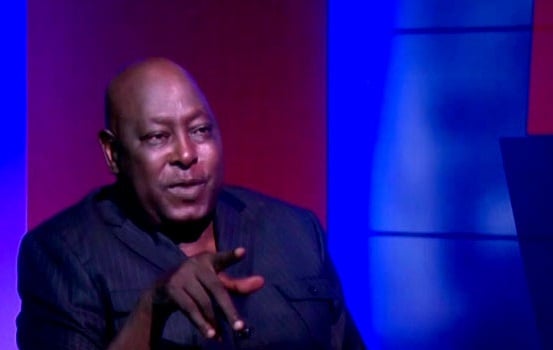
Lawal: Part of the problems of this country right now—the issues of hunger, protests, and high cost of living is that ab initio, the government is considered an illegality by the majority of Nigerians because of the manner in which they forced themselves on the country. So, nobody has any goodwill towards the country. I just came from my village, where I spent two weeks. People are suffering and they are yearning for the amelioration of their situation.
People tend to celebrate every negative thing that this government does, hoping that it will contribute to their failure. They are just waiting to survive the next four years and oust the government in the next election. Whatever the government does, whether good or bad, people don’t accept it in good faith. Nobody is ready to contribute to the well-being of society.
The ministers also appear to have a morbid sense of evil. They suspect that this government is not legitimate. They are lucky they have been appointed, and certainly, they are just there making a lot of money for themselves. They want to get their share so that when the government crashes, they are financially okay. The people who were appointed by Bola don’t have connections with their grassroots. The politicians that went around the country, canvassed and mobilised their people, and are trusted are not the ones running the government. Those we have in government now are funny people with funny degrees.
Advertisement
Even if this government is trying its best, which I’m not sure it can do as its best is mediocre. Even if they are doing their mediocre best, it is not going to help us out of this situation. I don’t know what will happen because it is not a matter of economics as we know it. Every day, the CBN governor (Yemi Cardoso) is trying his best, but the naira continues to fall.
I went to a shop two weeks ago to buy a suitable canvas for farm work because the one I have is worn out. I went to Shoprite to buy a replacement and some T-shirts that are good for farming. The shoe that I was using, which is now old, I bought for N78,000 some three years ago. That same shoe is now worth N1.3 million. I went round the shops to see if I could find it less, but the only one I got, which I could manage, was N780,000. I am sure the price must have gone up today. I made a decision that I would not buy anything in Nigeria again and would manage whatever I had, except maybe drugs for my health.
Advertisement
Sometimes, I pity the government, as they think they have to do the right thing. The spirit is willing but the body is weak. Bola (Tinubu) is my friend. Regardless of how he got there, he is now there and I wish that he would do well for the country. I had canvassed for him earlier on that he would do well if elected president. I believe he has the requisite skills to rule Nigeria but something happens when you get to government. You appoint people who instead of assisting you, now create a wall between you and the people. When that happens, you cannot have access to the true situation of the country. When they give you advice, they tell you what will be advantageous to them and what you would like to hear. I suspect that my friend Tinubu has fallen into this situation.
TheCable: As a farmer, do you see an end in sight to the food scarcity in the country, which has led to hunger protests?
Advertisement
Lawal: This thing (hunger protests) we are facing now is not because of a lack of food items in the market. Food items are abundant in the market. What is lacking is the money with which to purchase it. This is because the money in our pockets has lost its value. If last year, I bought five mudus of garri, today that same amount can only buy you one mudu. So, the food is there but the money is not there to purchase it.
Now, next year, what will happen is that the food will not be there. I am a farmer, a very big-time farmer—and I know what I am saying. I spend about three drums of diesel every week during the planting season for my tractors, bulldozers, and other vehicles. Now, a drum of diesel delivered to my village costs me N380,000, as opposed to N180,000 last year. With this increment, will I be able to afford sufficient diesel for five tractors, two bulldozers, one excavator, and six delivery trucks next year? The consequences might be that I will have to reduce the size of my farm.
Advertisement
Look at fertiliser for example; the highest price last year was N25,000 to N27,000 for NPK- 20 1010. This year, I went to the market to see if I could start buying my fertiliser early; the price is now N37,000. So, if last year I was able to buy fertiliser to cultivate 2,000 hectares of cotton, this year, based on the price, I will have to restrict myself to 100 hectares because I will not have enough money to buy sufficient fertiliser.
All this price increase will affect the quality and quantity of harvests next year. So, next year, you might enter the market, and the cost of food items will have doubled because of production costs.
Next year, the problem will be compounded. I can assure you of this as a farmer. Food will be scarce because farmers will be unable to produce sufficiently, and therefore, supply and demand prices will have to increase. If you can buy five mudus of garri this year, you better buy 10 and keep the remaining five for next year. The money you used to buy five mudus of garri today can only buy you two mudus next year.
